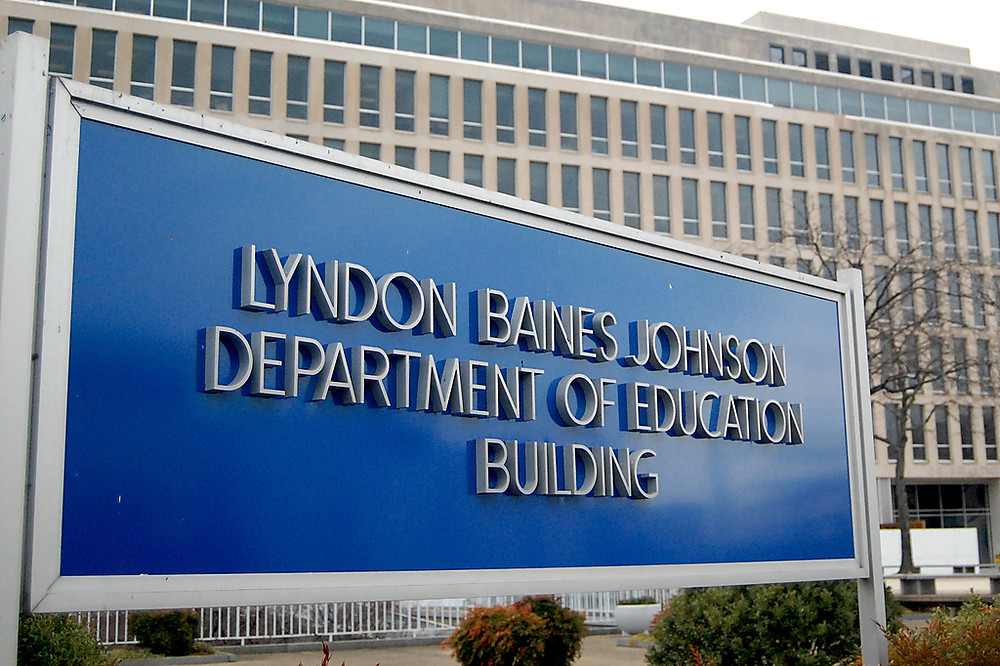On Friday, of last week, the United States Department of Education told national accreditors that it is time to focus more attention on the enforcement of standards to measure student achievement across the country. The agency also suggested accreditors examine the possibility for more scrutiny of colleges that have significant enrollment and achievement problems.
These will be part of new US DoE guidelines, the latest in a series of updates from the White House in an attempt to encourage accreditors to improve their regulation of federal financial aid.
 In a letter sent to the DoE on Friday, a group of 24 US Senate Democrats argues that accreditors have, in the past, consistently allowed colleges “with shockingly poor performance” to retain their post-secondary accreditation. As such, the group called on Congress to conduct thorough reviews of each accreditor in order to make sure they are, in fact, enforcing proper—and rigorous—accreditation standards.
In a letter sent to the DoE on Friday, a group of 24 US Senate Democrats argues that accreditors have, in the past, consistently allowed colleges “with shockingly poor performance” to retain their post-secondary accreditation. As such, the group called on Congress to conduct thorough reviews of each accreditor in order to make sure they are, in fact, enforcing proper—and rigorous—accreditation standards.
And now the White House is cracking down—at least, in the best way it can—to push accreditors for more transparency about their imposed sanctions, to push them for more reporting about those institutions which may be facing certain troubles now or in the future, and to focus more attention onto whether or not a college is actually graduating students who are effectively prepared for the work force and, most importantly, will be able to pay off their student loans.
In a written statement, US under secretary of education, Ted Mitchell, describes the letter: “Today, the department clarified that accreditors have not only flexibility but the responsibility to focus their resources on the institutions that present the greatest risk. The department’s guidance states the basis for this flexibility and identifies the statutory and regulatory criteria the department believes contribute significantly to effective monitoring.”
